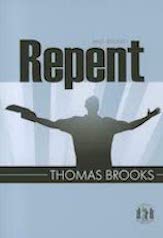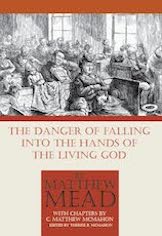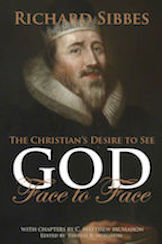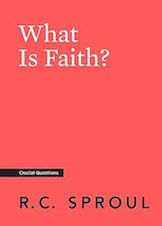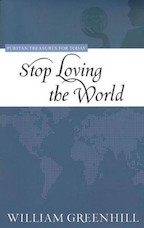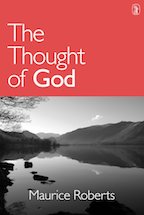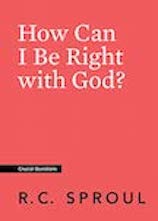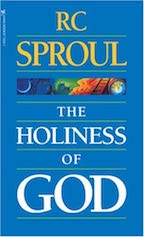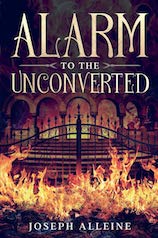From Our Customers
The book was a good shape and shipping was fast. Will use this seller again.
--Lynne from Georgia
PurJoy Bookshop
Specializing in classic Christian books (Church fathers, Puritans, Reformed literature etc.), nature, and science — all things magnifying the glory of our Lord Jesus Christ.
We also feature books about the Christian's response to suffering. "Consider it pure joy, . . . whenever you face trials of many kinds" (James 1:2 NIV)
Puritan bookstore, Reformed bookstore, science bookstore, nature bookstore
"Puritan bookstore" "Reformed bookstore" "science bookstore" "nature bookstore"
Book orders of $25 or more are automatically insured.
We will gladly add insurance to any book order if requested.
We are also happy to offer combined shipping.


